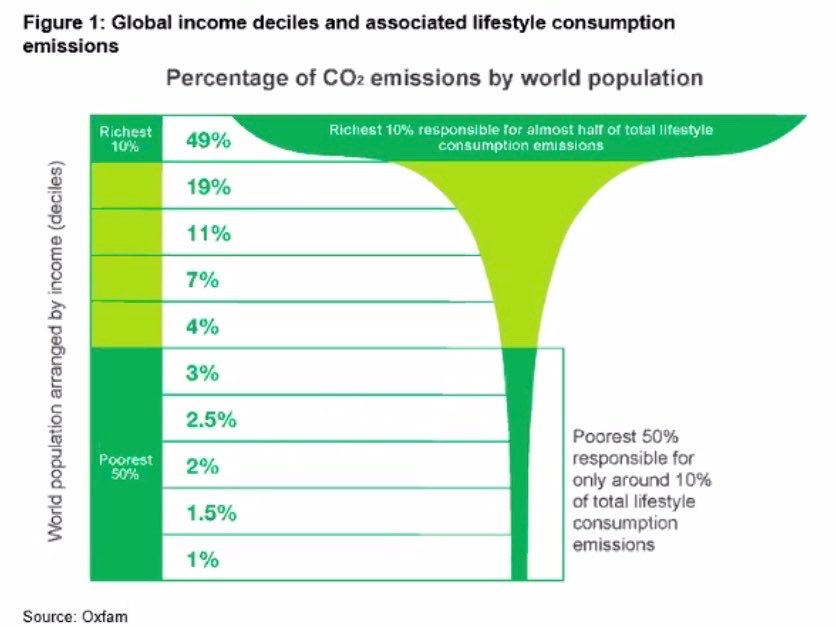Actions To Improve Racial Diversity, Equity And Inclusion In Our School
Prepared by the School of Earth Sciences Equality, Diversity and Inclusion Committee (NOTE: This version has not been finalised. Consultation with the wider School and Faculty EDI Committee will be done before this is finalised).
Summary
This document was prepared at the request of staff and students to provide resources to help them build a more racially diverse, equitable and inclusive School. As such, it comprises three sections: an introduction; a list of Actions that individuals can take, including references and resources; and a summary of the University and School Action Plan, showing what actions the School is taking. The first two pages are a summary of the more exhaustive information provided on pages 3-11.
Introduction: We all have a role but our roles will differ. We all share obligations to understand our society, our privilege, the sector that employs us, and our university policies; and we all have an obligation to create a respectful, inclusive and equitable workplace and learning environment. But we recognise that those of us in formal and informal leadership roles have different capacity to create positive change. The introduction also summarises the key resources we drew upon to create the Action List, including a University racial equality ppt presentation: file:///C:/Users/cordp/Downloads/NV%20U.Bristol%20Nov%202019.pdf
Summary: Twelve Actions that Each of Us Can Take:
1) Understand that there is a problem, the depths of that problem and how it manifests in your life and career. Action is motivated by understanding racism and accepting our presence in a racist society. Useful resources include White Privilege: The Myth of a Post-Racial Society. And discipline specific resources include the following Nature Geoscience articles: No Progress on Diversity in 40 years and Race and Racism in the Geosciences
2) Educate ourselves about the social, historical, political contexts that contribute to these inequities. It is vital to understand the historical roots of racism, how it manifests today and the role of science in perpetuating it. Some recommended books include:
Renni Eddo-Lodge – Why I’m No Longer Talking To White People About Race – available to read electronically through UoB Library Services: http://www.bristol.ac.uk/library/find/
Angela Saini – Superior, The Return of Race Science
3) Do not expect marginalised groups to do your work for you. We recognise the inequities of society and academia. In doing so, we also recognise that it is profoundly inappropriate to ask them to invest even more labour or revisit their trauma to educate the rest of us.
4) Do platform the voices of marginalised groups. Although we must not create labour for our colleagues, we want to create opportunity, to profile and to give voice. We can invite them to our seminars, advocate for their inclusion in scientific programmes and nominate them for awards.
5) Do not “All Lives Matter” your conversations. There are multiple marginalised groups and most of us come from one or more of them – gender, racial, ethnic and religious minorities, differently abled, neurodivergent, LGBTQ+, working class, indigenous groups and more. This school recognises all of these, celebrates all of our staff, students, alumni and collaborators no matter what their background, privileged or not. But the time and place for discussing different forms of marginalisation requires care and understanding. It requires that we recognise the context and situation: when a house is on fire, that is not the time to say, “All Houses Matter.”
6) Do not intellectualise someone’s trauma. We are scientists. We like to argue and debate. But there is a time and place for debate and a time for empathy, understanding and support.
7) We make mistakes; learn from them. We will make mistakes, mispronouncing someone’s name or making inappropriate assumptions about culture. We must not be complacent about such mistakes, and we must strive to improve. Crucially, our mistakes are not an excuse to disengage because we are anxious, thereby creating new forms of marginalisation.
8) When challenged, be reflective not defensive. If we have created the environment that we want in our School, marginalised colleagues will feel safe in calling us out on those. When that happens we aspire to be reflective rather than defensive; thoughtful rather than dismissive or argumentative.
9) Understand White Privilege. Understanding how to tackle racism requires an understanding of how white people have benefited from it. Crucially, in the competitive and challenging environment of academia, acknowledging privilege can feel like it detracts from our achievements. It does not. But it does help us recognise what has been taken away from others.
10) Be a vocal supporter and advocate for anti-racism in our organisations. There are many ways to be visible – in the Common Room, on social media, in seminars. Be a good ally https://guidetoallyship.com/; be an active bystander https://www.ihollaback.org/bystander-resources/; be an advocate for change in our discipline.
11) Do something. Anything. Try. Learn. Improve. Try again. Start a journal club; focus your outreach on marginalised schools; suggest more speakers for our seminar series.
12) Be in it for the long haul. Black colleagues around the world are happy to see expressions of solidarity from individuals and organisations but are rightfully concerned that the commitment to act is superficial or will fade with time. Commit now and revisit your commitments in the future.
University and School Actions: Although this document focuses on the actions we can all take, we recognise that it is ultimately the legal and ethical responsibility of the institution to ensure that our School is a diverse and equitable place to learn and work. We have included a partial list of the actions the University and School are taking in the second part of this document but summaries of these can be found on the University and School EDI websites.
We All Have A Role but Our Roles Will Differ
We all share obligations to understand our society, our privilege, the sector that employs us, and our university policies; and we all have an obligation to create a respectful, inclusive and equitable workplace and learning environment.
However, our legal responsibilities, influence and visibility will vary, such that our potential – and tools – for affecting change will also vary. Those of us with formal roles, such as the EDI Director, Head of School or Institutional Representatives, have the capacity to advocate for structural change in laws, systems and policies that promote or reinforce inequalities in the University. All of us who serve in formal roles in the School have obligations to embed EDI principles into our delivery of those roles. Colleagues involved with UK or international geoscience organisations or members of esteemed societies will have power to influence these institutions to take a more active role, thereby strengthening our discipline. Some of us do not have formal roles, but still have leadership obligations arising in informal ways, including from our profile and visibility in the School or our discipline. All of us can lead by example, amongst our peers and friends, in the School and in wider society.
Crucially, all of us have the capacity to improve our School for racially marginalised groups, to help create a more equitable working and learning environment and ultimately a more diverse community.
This document collates principles and advice to help us, adapted from a number of resources, including the following:
For those keen to further explore the topic beyond the geosciences and STEM links below, a compilation of UoB academic research on racism and anti-racism is available on the Univeristy EDI webpage. The BAME Staff Network have produced a statement in relation to Black Lives Matter which has more information and resources for staff.
Notes: This document was completed during the global protests in support of Black Lives Matter. Many of the resources below, however, are broader. Some focus specifically on the experience of black people; others on broader groups of racially, ethnically and religiously marginalised groups. They draw on international resources, referring therefore to BAME (Black, Asian and Minority Ethnic), BME (Black and Minority Ethnic), VME (Visible Minority Ethnic), POC and WOC (People of Colour and Women of Colour) and BIPOC (Black, Indigenous, and People of Colour). These terms are more or less appropriate in different contexts, but it is critical to note that each of them conflates a great variety of marginalised groups, each with disparate histories, experiences and forms of marginalisation. As such, we recognise the limitations of their use. Further commentary on the sometimes problematic conflation of different marginalised groups is in this essay by a colleague in the School of Law: https://folukeafrica.com/the-only-acceptable-part-of-bame-is-the-and/
Actions That Each of Us Can Take
1) Understand that there is a problem, the depths of that problem and how it manifests in your life and career. Action is motivated by understanding racism and accepting your presence in a racist society. A powerful book on this topic is: White Privilege: The Myth of a Post-Racial Society, written by Kalwant Bhopal and published by Bristol Policy Press – https://policy.bristoluniversitypress.co.uk/white-privilege
It is not enough to have a superficial understanding, our motivation fuelled solely by events deemed newsworthy or that provoke outrage. The violence by police against black people or the shockingly higher Covid-19 fatality rates among some BAME populations are terrible and therefore catalysts to act. But a focus on only those can obscure the fact that they are only the most shocking and appalling examples of racism in our society, much of it invisible to those with privilege.
The racism and marginalisation that permeates society includes the Earth Sciences and academia. Not a single permanent member of academic staff in our School is Black or Minority Ethnic, a pervasive issue in the Earth Sciences discipline:
No Progress on Diversity in 40 years https://www.nature.com/articles/s41561-018-0116-6?proof=trueMay
Race and Racism in the Geosciences https://www.nature.com/articles/s41561-019-0519-z?proof=trueMay
Those both explore the issue using USA data and perspectives. The situation is no better in the UK or Europe, but comparable studies cannot be done because the data have not been rigorously collected and the data we do have has not been made public. More recent UK trends were explored in a Leading Routes study which revealed that from 2017 to 2019, of 19,868 PhD funded studentships awarded by UKRI research councils collectively, only 245 were awarded to Black or Black Mixed students, with just 30 of those being from Black Caribbean backgrounds. https://leadingroutes.org/mdocs-posts/the-broken-pipeline-barriers-to-black-students-accessing-research-council-funding
Some of us have asked NERC if we can explore this further, via discipline centric data, and we cannot. There are so few NERC-funded Black and Minority Ethnic (BAME) students that they cannot disclose numbers without violating privacy data. However, HESA data reveal that only 10% of geology undergrads are from a BAME background and just 2% of geology undergrads are Black. There are no published data, but these numbers will drop at PhD, postdoc, and faculty level; an unofficial survey by Tanvir Hussain reveals that of current PhD students (June 2020), only 1% of NERC students are BAME and 0% of STFC students. There are two Black geology professor in the UK.
We must accept that this is a problem – not just in society but academia, in science, in the geosciences, in our School. We must accept that it is in part a consequence of our own action and inaction, that we have not sufficiently appealed to diverse society to join our discipline nor created an environment that welcomes those who do. We must accept our responsibility to act. Finally, to our BAME students and colleagues we commit to changing this in our own School and our discipline through advocacy and via our privileged roles in, i.e. NERC, the Royal Society, GSL and other organisations.
2) Educate ourselves about the social, historical, political contexts that contribute to these inequities. It is vital to understand the historical roots of racism, how it manifests today and the role of science in perpetuating it. This is a great reading list provided by Leanne Melbourne:
Renni Eddo-Lodge – Why I’m No Longer Talking To White People About Race. This is a really detailed discussion on white privilege and structural racism. It is also available to read electronically through UoB Library Services: http://www.bristol.ac.uk/library/find/
Akala- Natives – Akala uses his experiences to discuss the structural systems in place today
Angela Saini – Superior, The Return of Race Science – This is an excellent book which talks about how science has been used to fuel racist motives. (Saini also wrote the excellent Inferior: How Science Got Women Wrong – and the New Research that’s Rewriting the Story).
Adam Rutherford – How to Argue With A Racist – A similar topic to Angela Saini’s but not as detailed.
David Olusoga – Black and British: A Forgotten History – This book is a large one but covers a lot of black history in Britain (and by someone with a strong connection to Bristol)
Yomi Adegoke and Elizabeth Uviebinene – Slay in Your Lane (The Black Girl Bible) – This book gives an excellent insight into what it is like to be a Black woman in the UK
Candice Braithwaite – I Am Not Your Baby Mother – Black women are five times more likely to die in childbirth die as a result of complications in pregnancy than white women in the UK. Candice’s book discusses this and also more about being a black mother in the UK.
Colin Grant – Homecoming: Voices of the Windrush Generation – Different stories from the Windrush generation told in their own voices
There also many excellent documentaries. They will not offer the forensic examination and critical advice that the books above do but they do help understand the black experience, both historical and contemporary: https://www.standard.co.uk/stayingin/tvfilm/netflix-uk-movies-shows-documentaries-racism-a4459721.html?amp
Our colleague Foluke Ifejola Adebisi in the School of Law has written this powerful summary of the history of slavery in the city of Bristol and how it is embedded in the financing of our University and still expressed in the names of our buildings and our logo: https://folukeafrica.com/decolonising-the-university-of-bristol/
Beyond the inequities in academia and society, the Earth Sciences has its own problematic history. An extensive reading list on the colonial history of geology can be found here: http://mineralogy.digital.brynmawr.edu/blog/geology-colonialism-reading-list/
3) Do not expect marginalised groups to do your work for you. We recognise the inequities of society and our own systems, the extra trauma experienced by marginalised groups and the extra labour they will have had to invest to achieve what they have. In doing so, we recognise that it is profoundly inappropriate to ask them to invest even more labour or revisit their trauma to educate the rest of us.
Institutionally, this means we take care in how we ask community partners to help diversify our institution, i.e. for our recruitment and outreach projects. At a School level, we must take care in who we ask to serve on committees. And at an individual level, we must take care in asking friends or colleagues to explain racism.
This is not a simple rule. As an institution, we do seek guidance from community partners, but then we must compensate them. As a School, we can ask marginalised groups to serve on EDI committees but only if we ensure that service is truly recognised and rewarded to the same degree as other contributions, within the School and the University. As an individual, maybe our friends want us to ask, to talk to us and share experience, but we must not expect them to do so and we must respect one another if we are instead requested to reflect, do our own research or read a book instead.
4) Do platform the voices of marginalised groups. Although we do not want to create labour for our colleagues, we want to create opportunity, to profile and to give voice. We can:
Invite colleagues from marginalised groups to present in our school seminars or at conferences.
Advocate for their inclusion in scientific programmes.
Nominate them for fellowships and awards.
Celebrate them and showcase them on social media.
In doing so, respect them for who they want to be. Please do not ask Black scientists to speak in Conference diversity sessions but not in scientific ones.
5) Do not “All Lives Matter” your conversations. There are multiple marginalised groups and most of us come from one or more of them – gender, racial, ethnic and religious minorities, differently abled, neurodivergent, LGBTQ+, working class, indigenous groups and more. This school recognises all of these, celebrates all of our staff, students, alumni and collaborators no matter what their background, privileged or not. We are a community and we are committed to diversity in every respect. We are committed to every single one of you.
But the time and place for discussing different forms of marginalisation and sharing experiences requires care and understanding. It requires that we recognise the context and situation. When a house is on fire, that is not the time to say, “All Houses Matter.” These conversations are challenging, but you can be guided by:
Reading the room: What is the nature of the conversation, what is its context? If we are discussing School policy, then of course we discuss all dimensions of marginalisation. But if we are discussing a specific issue – sexual harassment in the field, the murder of black people by police, or the harassment of our overseas students – then our focus must remain on that issue. Conflating other issues can dilute the cause and the conversation, undermine the quest for solutions, and undermine the voices of the victims.
Not centring yourself: There are moments where we might wish to share our own experiences as an act of solidarity. It is perfectly natural to do so, to make a connection and build empathy and understanding. But do so with care and consideration. Question your rationale – is it compassion and reinforcement of your colleague’s concerns or is it deflection? If you do so, ensure that any such sharing is quickly followed by a return to the concerns that started the conversation in the first place, to those who have experienced the trauma. Do not allow the conversation to become recentred on yourself.
Recognising intersectionality: The term intersectionality was coined by Kimberlé Crenshaw as a way to explain the oppression of African-American women. Since then, the term has expanded to include the intersection of any minoritized characteristics (although that wider definition is contested, with many arguing it should only be used as originally intended). Truly understanding this concept – on a deep personal level – is essential to balancing our own personal experiences of repression with our privilege. Many of us come from a poor working-class backgrounds, but we retain privilege from our white identity; we have had setbacks and faced unfair obstacles, but we have also been afforded privileges that our black colleagues have not.
6) Do not intellectualise someone’s trauma. We are scientists. We like to argue and debate. But there is a time and place for that. There is a time to discuss and debate government policy over Prevent, Windrush, Grenfell, austerity or military interventions. But consider the origin and context of such conversations and especially if they have been initiated by a colleague’s pain, arising from their concerns as a person impacted by those policies. If someone is concerned that Prevent targets them or their family, that is a moment for solidarity and understanding not a debate about government policy.
Or course, this applies to a huge range of issues beyond just policy, including forms of activism, appropriate climate action, sports, current events, the jobs we will seek after graduation and even how we conduct science. There is a time for scholarly debate and a time for empathy.
7) We make mistakes; learn from them. We will misread the above situations. I have, time and time again. We mismanage or misread the situations articulated above. We mispronounce someone’s name and then try to laugh it off. We make assumptions about culture that are inappropriate. We laugh at racist jokes and can be poor allies. But we must not be complacent about such mistakes, and we must strive to improve.
Crucially, our mistakes are not an excuse to disengage because we are anxious, thereby creating new forms of marginalisation. We must engage, accept the discomfort that comes from not knowing, accept that we will make mistakes, learn from them, apologise, and improve.
One might argue that these attributes are also those that we aspire to as scientists; there is little excuse to not embrace them in an EDI context.
8) When challenged, be reflective not defensive. When we engage with these issues, we will make mistakes. But if we have created the environment that we want in our School and our society, marginalised people will feel safe in calling us out on those.
Reflect when that happens. Do not deflect, make excuses or become defensive. Take a moment to think about it. In academic environments, we are quick to argue. Instead, become quick to listen.
This tendency to defensiveness is also socially embedded. “Socialised into a deeply internalized sense of superiority that we either are unaware of or can never admit to ourselves, we become highly fragile in or conversations about race. We consider a challenge to our racial world as a challenge to our identities as good, moral people. The smallest amount of racial stress is intolerable – the mere suggestion that being white often triggers a range of defensive responses. This includes emotions such as anger, fear and guilt…These responses work to reinstate white equilibrium…I conceptualize this process as white fragility.” Robin DiAngelo from White Fragility 2018.
Further Reading on this includes:
White Fragility: Why It’s So Hard for White People to Talk about Race by Robin DiAngelo
How to Be an Antiracist by Ibram X. Kendi
A counterpoint to defensiveness is empathy for the experience to those challenging inappropriate behaviour. It is difficult to speak up to a friend or mentor when something they have said is inappropriate. No one wants to be uncool and take offense at a joke. No one wants to start another argument. No one wants to see their concerns dismissed again. Therefore, often when someone calls you out it is an act of friendship and trust. They are doing so because they trust you, they think you will listen, they care about you. It takes little effort to just listen, to ask more questions, to ask for some time to reflect on what they have said.
9) Understand White Privilege. Understanding how to tackle racism requires an understanding of how white people have benefited from it. The term white privilege has a long history can be traced back to the beginning of the 20th century; it came into contemporary fashion following a 1989 essay by Peggy McIntosh “White Privilege: Unpacking the Invisible Knapsack”: https://www.racialequitytools.org/resourcefiles/mcintosh.pdf She defines it as: ‘an invisible package of unearned assets that I can count on cashing in each day …. An invisible, weightless knapsack of special provisions, maps, passports, codebooks, visas, clothes, tools and blank cheques.’
You can find many more contemporary discussions on it, such as this one: https://www.tolerance.org/magazine/fall-2018/what-is-white-privilege-really It helps explain what white privilege is, why it is important to recognise, and crucially it empathises with the reluctance some have with the term: “The two-word term packs a double whammy that inspires pushback. 1) The word white creates discomfort among those who are not used to being defined or described by their race. And 2) the word privilege, especially for poor and rural white people, sounds like a word that doesn’t belong to them—like a word that suggests they have never struggled.” The http://www.carryourweight.org/reflect website has resources focused on reflecting on these issues.
Crucially in our hyper-intensive academic environment, understand that your privilege does not take away from what you have achieved. In academia, every single one of us has overcome a huge number of obstacles to achieve what we have. It is hard to be admitted to our School, hard to get a degree, hard to get a PhD, hard to get a job, hard to get grants funded, hard to become a Professor. And aligned with that, we like to believe that our field is a meritocracy, that we have earned our success.
Academia aspires to be a meritocracy, but it is not one (see Superior and Inferior, above). Our privilege helped us, and our success is partly conditional upon that.
But that does not undermine our achievements. If we can acknowledge the role played by our parents, or our teachers and our mentors, then we can also acknowledge the role played by our privilege. It takes nothing away from us, but it does help us recognise what has been taken away from others.
10) Be a vocal supporter and advocate for anti-racism in our organisations. There are many ways to be visible – in meetings and on social media, in invited talks and award lectures, in conversations both private and in the coffee room. We must all learn to call out problematic statements and learn how to be a good ally; from https://guidetoallyship.com/, to be an ally is:
In more serious situations, be an active bystander. There are excellent online resources: https://www.ihollaback.org/bystander-resources/ and The University has put together an Stand Up Speak Out online training toolkit to guide you through how to be an Upstander.
We can advocate for change in our societies, either through the official roles we have or as visible members of our geosciences community. We can advocate for change in our own School, in our own committee meetings, in our hallways.
Sometimes the most effective course of action is a confidential mail or a private conversation with a colleague in a senior role; sometimes it is by publicly calling out an individual or an organisation for insufficient action. However, if those of us who are privileged only pursue the former, our allyship and support is invisible to those who need it most. Our actions must – a significant amount of the time – be public and visible. Members of our community from marginalised groups must see the rest of us make a stand and commit to solidarity.
Crucially, in doing so we must resist the temptation to centre ourselves. We use our influence to sometimes protect others from further trauma and sometimes to create a platform on which they can stand. We do not do so for our own reward and we are vigilant against White Saviour complex.
We will make mistakes. But by publicly and vocally advocating for change, we share the labour with marginalised groups. And we create an environment where they feel empowered to raise their own concerns and speak for themselves.
11) Do something. Anything. Get stuck in. Try. Learn. Improve. Try again. All of the above are starting points. By understanding these issues we can speak more confidently. By speaking publicly we are implicitly committing ourselves to act. And by taking small action, we are building the capacity to take stronger ones.
Here is a list of ten further actions you can take to make academia a more inclusive workplace, by Jacquelyn Gill: https://contemplativemammoth.com/2016/01/07/ten-easy-ways-to-support-diversity-in-academia-in-2016/ These can serve as ideas or stimulate your own: Start a journal club or a discussion group; focus your outreach on marginalised schools or wards; suggest more speakers for our seminar series; when you are invited to speak elsewhere, ask how diverse their seminar series is; discuss a statement on behaviour, values or code of conduct for your lab or group (https://ecoevorxiv.org/4a9p8/). Some of these are actions that we are taking as a School but many of these can be taken by individuals or by groups, they can be formal or informal. And of course your actions can and should include challenging the School and University.
Finally, you may wish to engage with anti-racism issues in wider society. In Bristol, Beyond the Hashtag has been established by Black campaigners; it is full of resources on Bristol’s history – including the activism that has transformed it as well as tools and advice: https://beyondthehashtag.co.uk/resources/
12) Be in it for the long haul. Black colleagues around the world are happy to see expressions of solidarity from individuals and organisations but are rightfully concerned that the commitment to act is superficial or will fade with time.
Commit now and revisit your commitments in the future. Create an action plan or a checklist. Put a note in your diary for six months time to reflect and refresh your actions: you can revisit the outrage that motivated you to speak up today; book a day off to read one of the above books; or simply audit what actions you have taken between now and then.
Finally, if you wish to financially support Black Lives Matter projects in the UK, there is a compilation here:
https://docs.google.com/document/d/10iIz_pFB8DzPkwddc8dcmJdJ0ZMITfTs7lvs4uyusZk/preview?pru=AAABcpk9kiI*KXe1KQSnVEDy_8YpzJtp8A
It includes various campaigning groups, educational links, petitions and even a sample letter for sending to an MP. The School does not officially endorse it given some links to political parties, but it contains many useful resources. Thanks to Frances Robertson for sharing.
What Actions Has the University and School of Earth Sciences Taken and Will Take
In early 2020, the University of Bristol published its Institutional Race Equality Statement which sets out the key areas of focus for our evolving race equality strategy, establishing our direction of travel for the coming years. Central to that have been the following actions:
- Undertaking our first Ethnicity Pay Gap Reportand taking action to address any inequalities;
- Establishing a BAME Staff Networkwhere people can share a sense of community and work with us to ensure that our BAME staff have a consistent and positive experience at the University;
- Participating in the Stepping Upinitiative, a positive action programme aimed at improving the representation of BAME people, as well as other groups, in senior leadership roles within Bristol and the wider region;
- Launching an apprenticeshiptalent pipeline to drive ethnic diversity while taking into consideration the skills gaps present in underrepresented groups in industry demand areas such as Finance, IT, Human Resources, Engineering and the Creative Industries;
- Working with schools and colleges and local community groups and leaders to ensure that our recruitment opportunities reach potential staff from diverse backgrounds;
- Delivering role and application workshops in the local community;
- Participation in city-wide events – such as St Pauls Carnival and the African Caribbean Expo – while sharing employment opportunities at the University and helping people become more aware of the range of jobs on offer.
University-led initiatives aimed at supporting students include:
- Launching the online Report and Support service that offers students and staff a quick and easy way to tell us about specific incidents.
- Funding research internships which provide paid experience in research for new graduates, in order to increase the number of Black, Asian and minority ethnic students progressing to postgraduate study.
- Setting a target to eliminate the BAME awards gap at the University by 2025 and developing a comprehensive action plan to address this, informed by research done by Bristol SU.
- Beginning the work of decolonising our curricula, led by academic colleagues with expertise in this area. It is only one of two UK Universities in which this is explicitly included in our strategic plan.
- Working closely with Bristol SU and the student BME Network to understand and improve BAME students experience at the University.
- Providing staff training in race equality; harassment and hate crime awareness training delivered by SARI; and intercultural awareness training delivered by Kynfolk.
At School level, we endorse all of these. Most of the actions we have taken or will take as part of our 5-year Strategy are included in our Athena Swan Silver document and action plan (soon to be available on the School EDI website). The Athena Swan process and data collection focuses on gender issues; as such, we deem it incomplete with respect to racial diversity. However, our School survey identified BAME diversity as a top priority and our Action Plan specifically addresses that, including:
- Build an influential EDI Committee and empower the EDI Director. We have a large EDI Committee that is empowered to drive the school’s social and community building agenda. The Director sits on School Board, ensuring a voice comparable to that of our Research and Education Directors. As a result of our survey and action plan, the Committee and Director are mandated by the School to devote specific effort to BAME diversity and equity.
- Ensure that support for BAME diversity is embedded in our staff recruitment and appointment. Our commitment to diversity is included in all advertisements and all core academic staff appointments require a diversity statement. We are currently expanding this for PDRA recruitment.
- Require all Staff to complete the University EDI Training module and advocate for its improvement. The UoB-provided training module centres gender issues and is somewhat less developed on wider EDI issues, including those around BAME equity; we have advocated that the University commit to a more comprehensive training approach as part of their commitment to the Bristol Equality Charter and this will be introduced in the autumn.
- Ensure our School outreach and UG recruitment reaches BAME groups. Our outreach programmes, including the Bristol Dinosaur Project, are increasingly engaging with Schools from Bristol’s most marginalised wards. We are working with UK organisations, civic partners and the University to ensure that the Earth Sciences is promoted in Schools from across the UK where our discipline has traditionally had low visibility. This has resulted in an increase in BAME student admissions over the past two years.
- Fully fund all travel for undergraduate field courses, so that no one is excluded due to personal financial constraints.
- Seek funding to support all of our students, regardless of background, to buy field equipment and fully enjoy our field trips.
- Seek funding to support all of our students to access summer internships. In doing so, we will expand on the Palaeobiology Group’s Bristol Summer Diversity Internship.
- Diversify our Seminar Series. We currently require a gender balance in suggestions for School Seminar speakers and encourage suggestions of BAME speakers. In the future we will require at least one BAME School Seminar speaker per term.
- Lobby UKRI to allocate additional funding and create targeted schemes to recruit racially diverse PhD students and Fellows.
- Support and reward staff who lead on diversity initiatives within the University and geological societies
- Ensure that our social events are welcome to those from all backgrounds, including all racial, ethnic and religious groups.
This remains an incomplete plan and revising it will be a priority in 2020-2021, with a focus on taking bolder action on outreach, recruitment, curriculum review and diversity training.



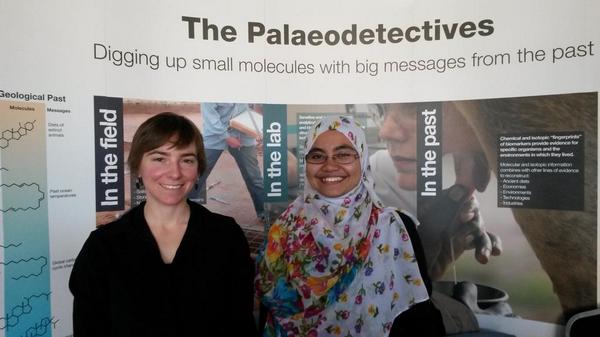
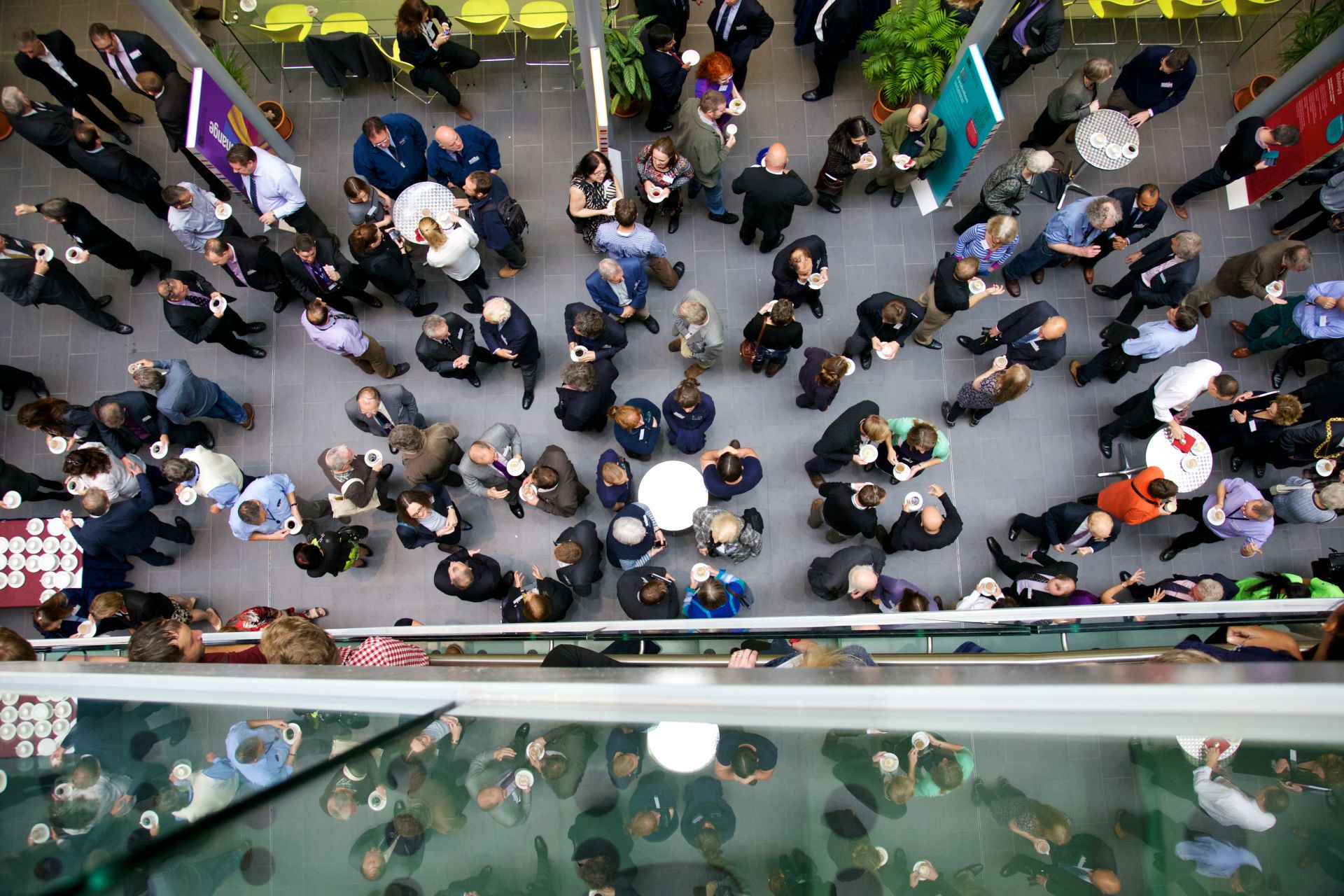
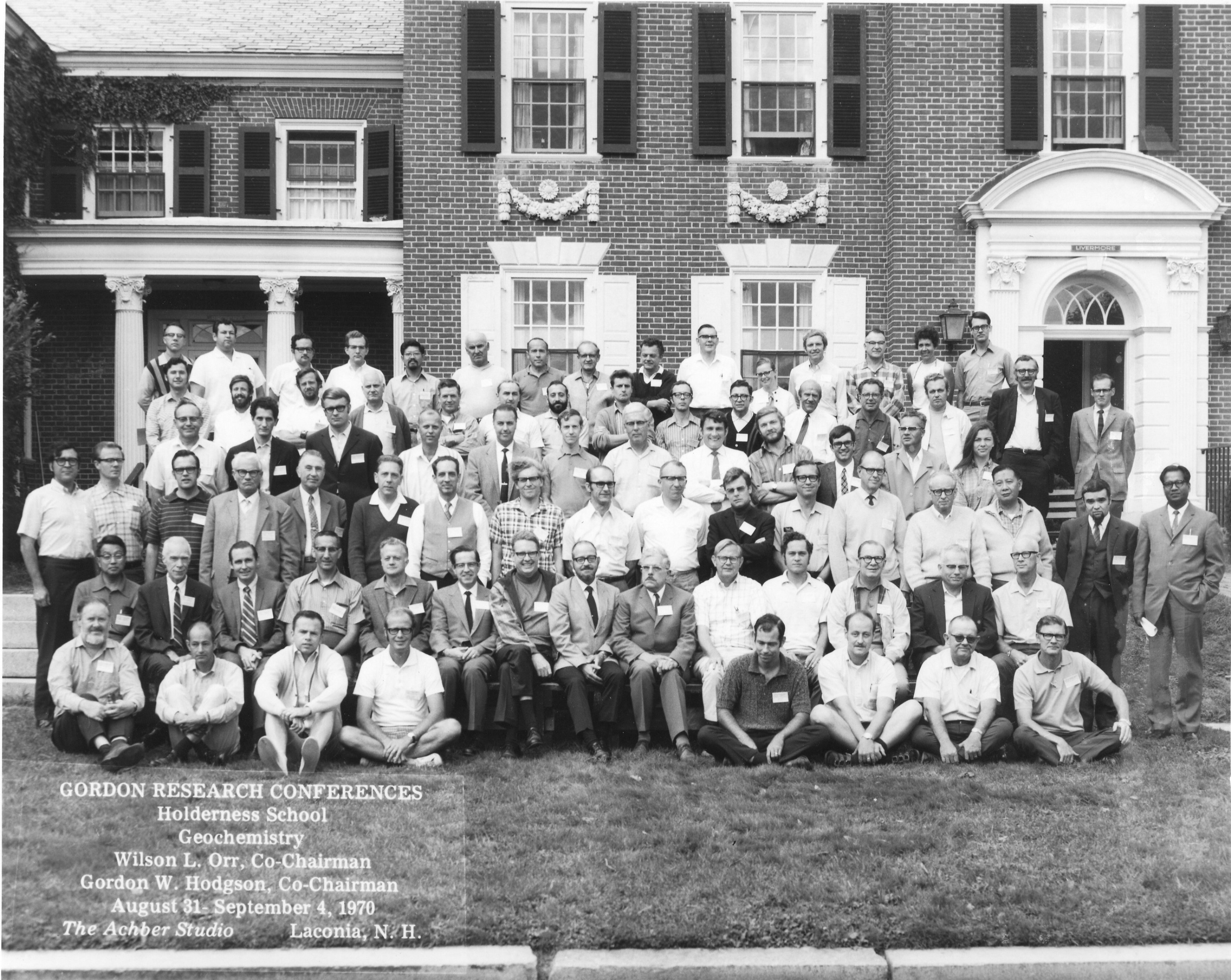
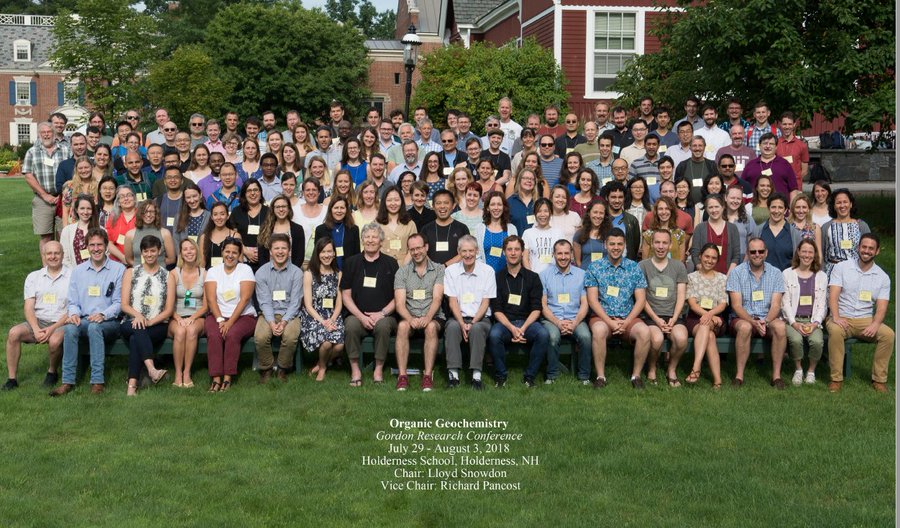
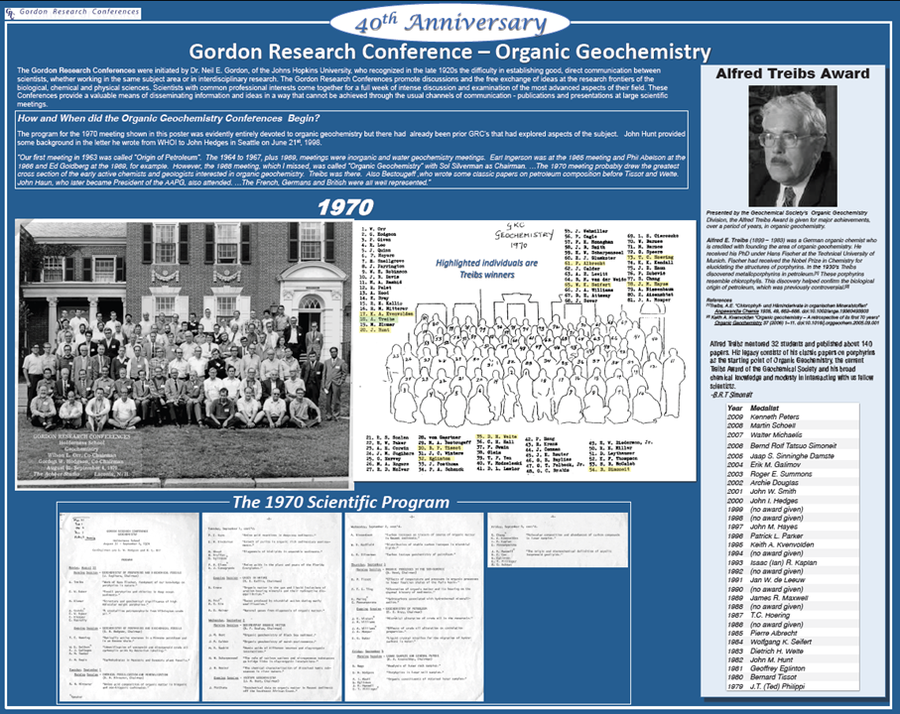
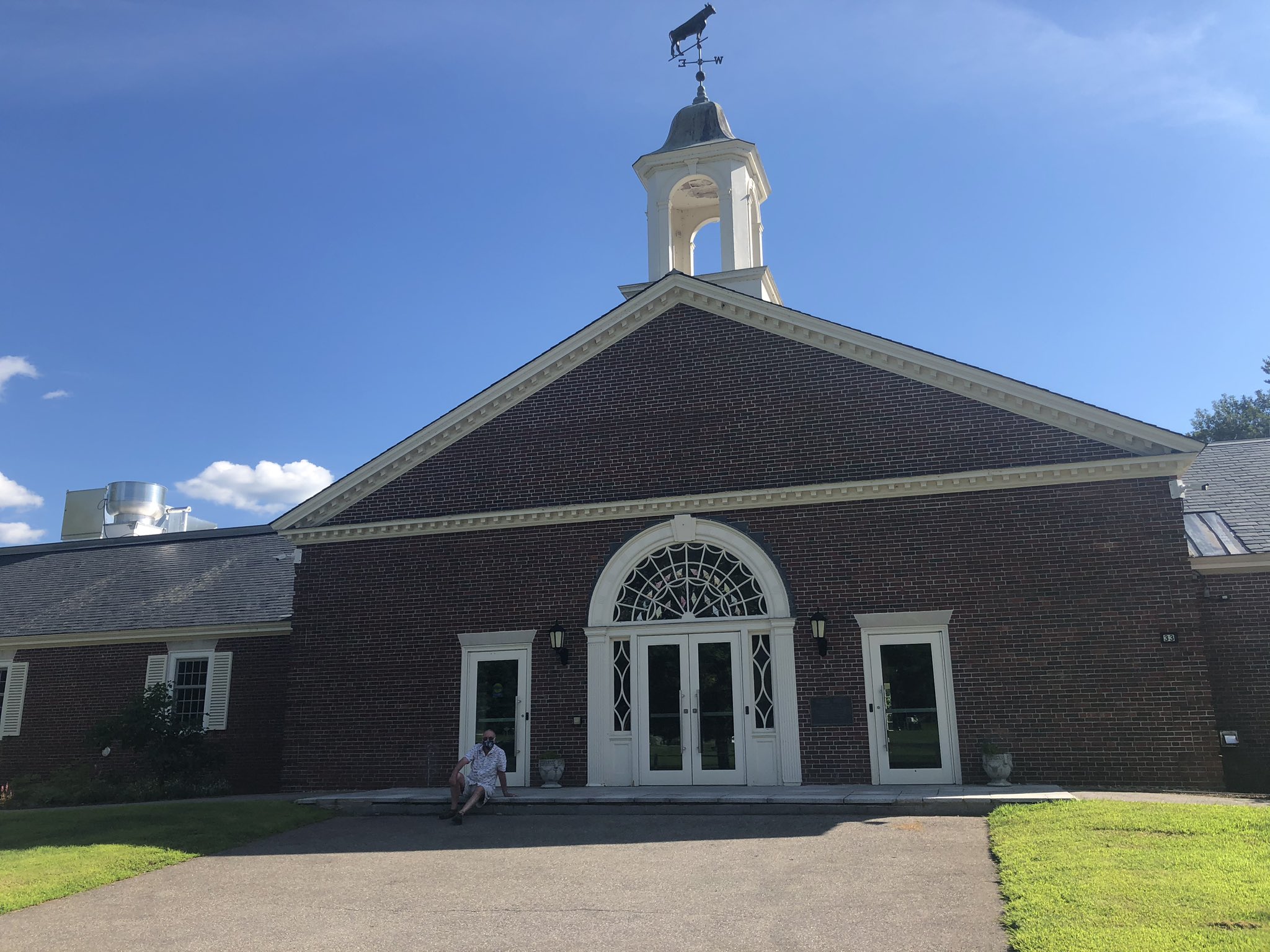
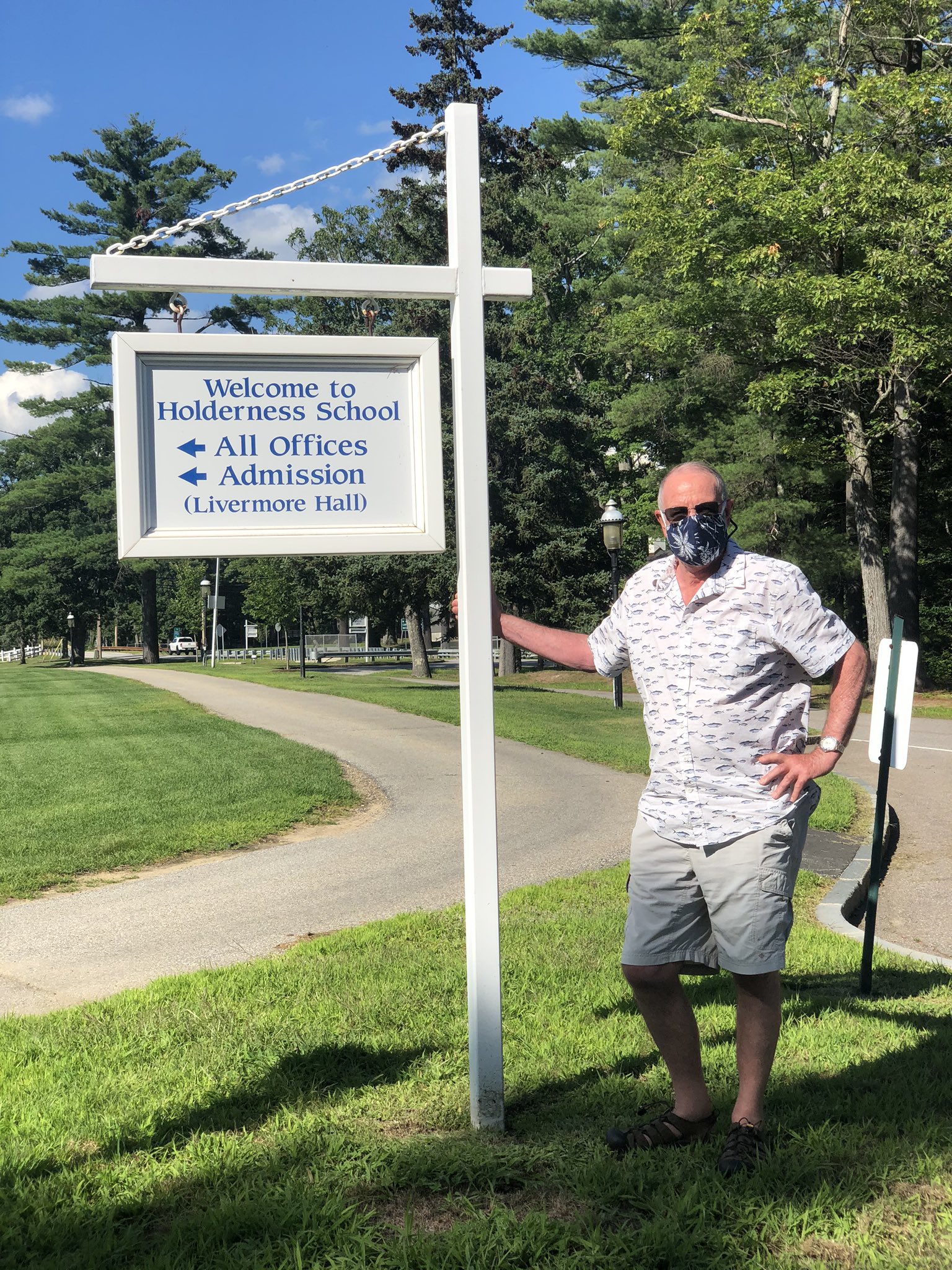
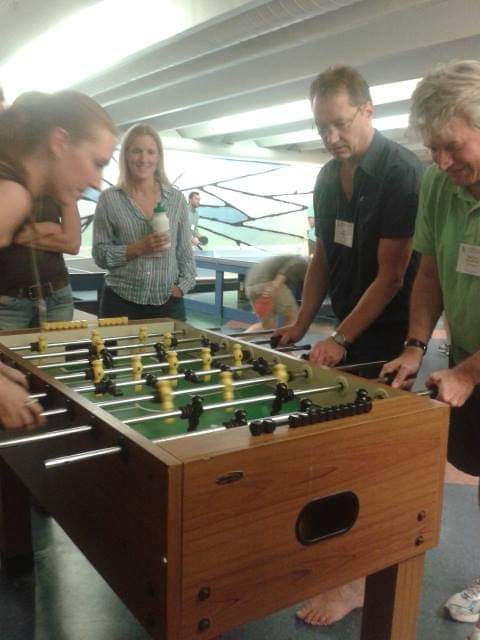
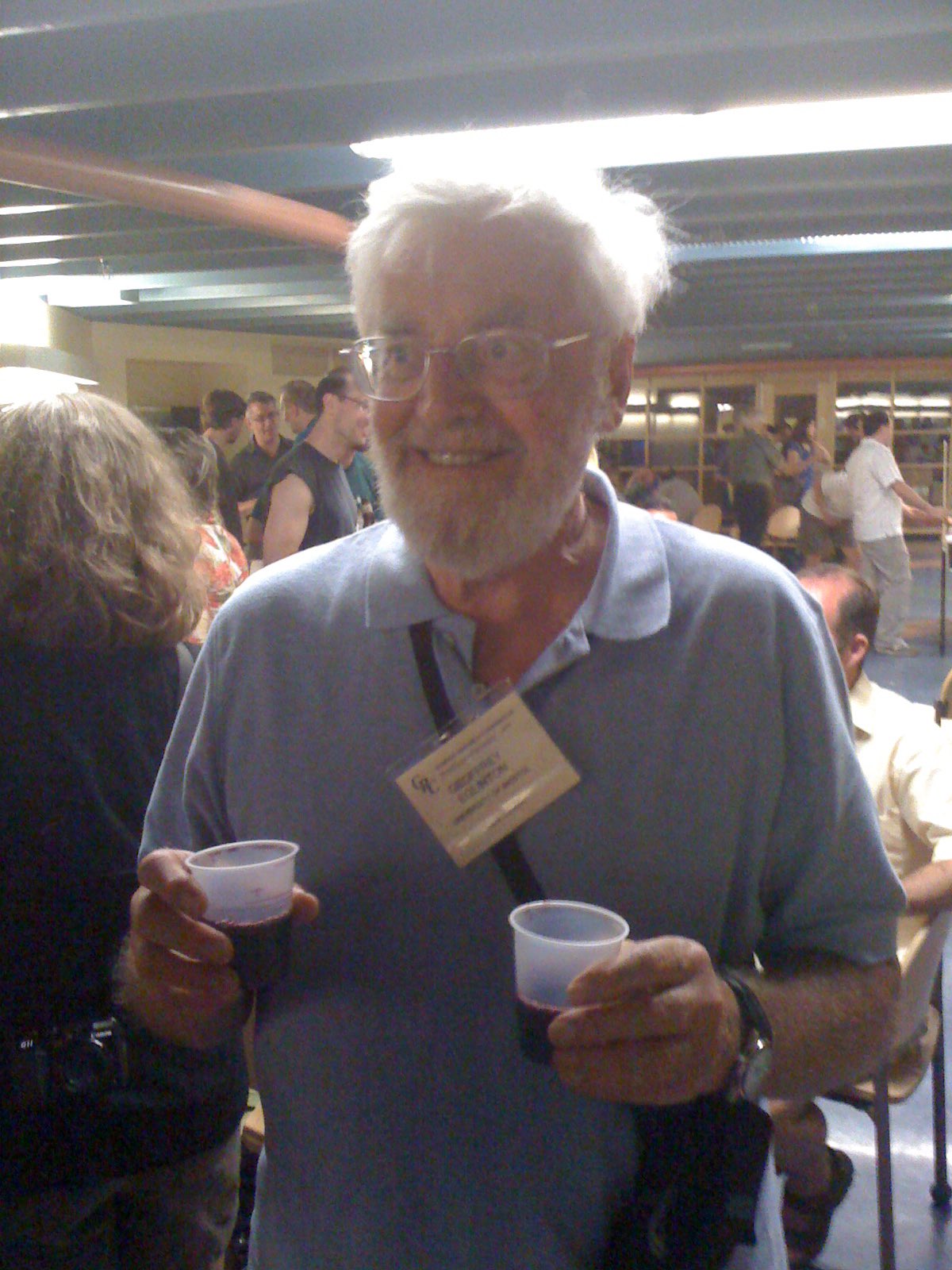
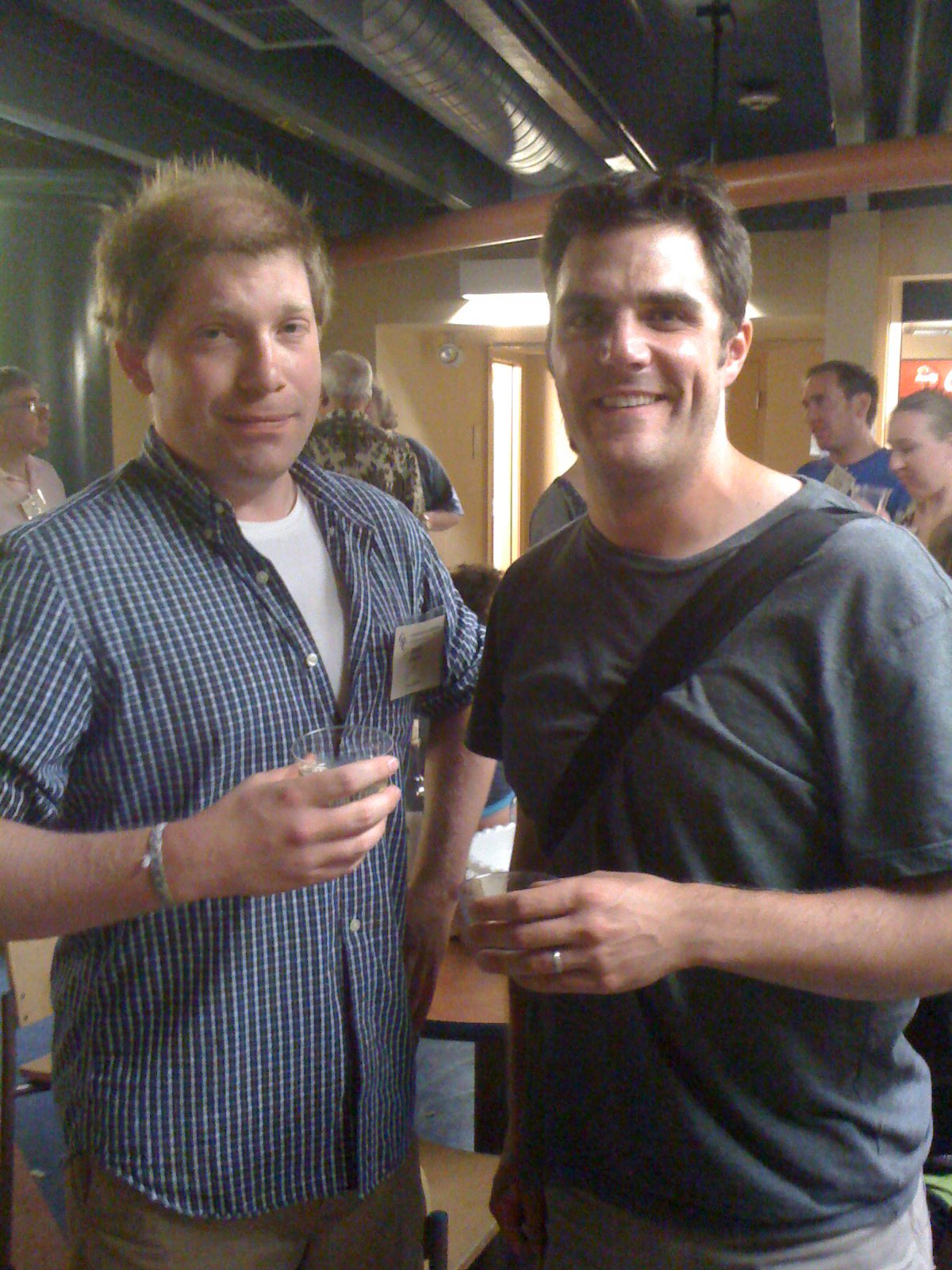
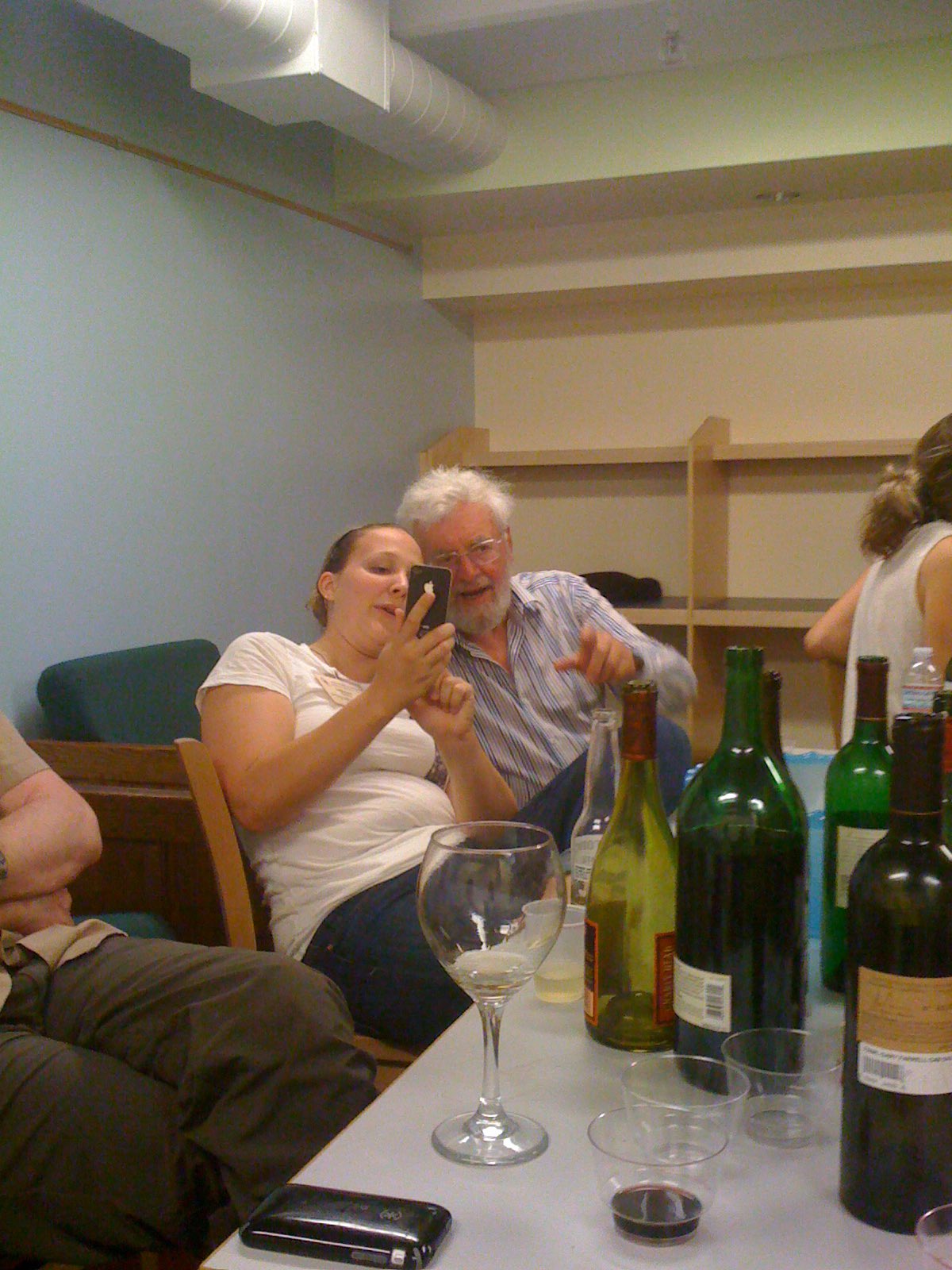
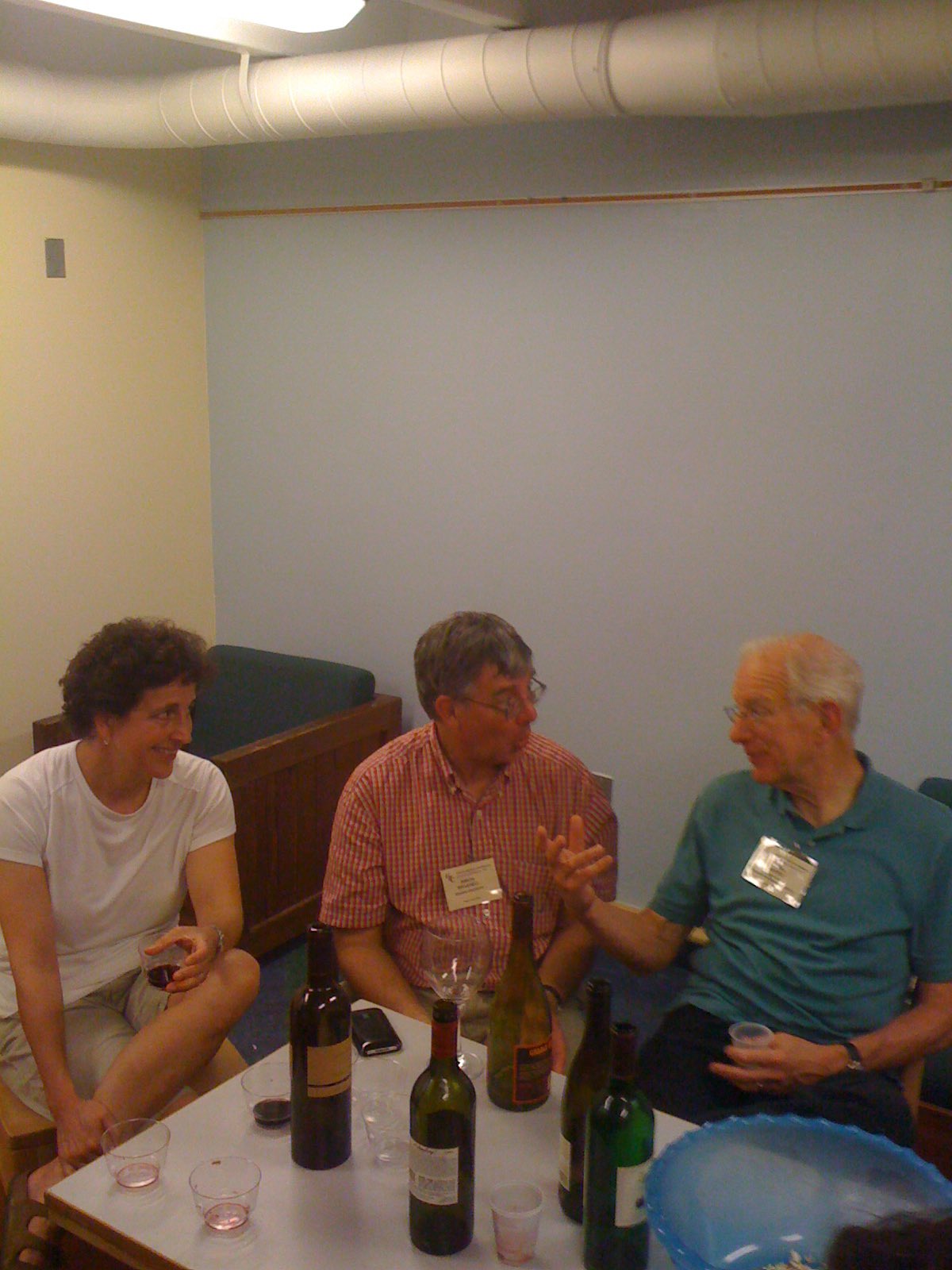

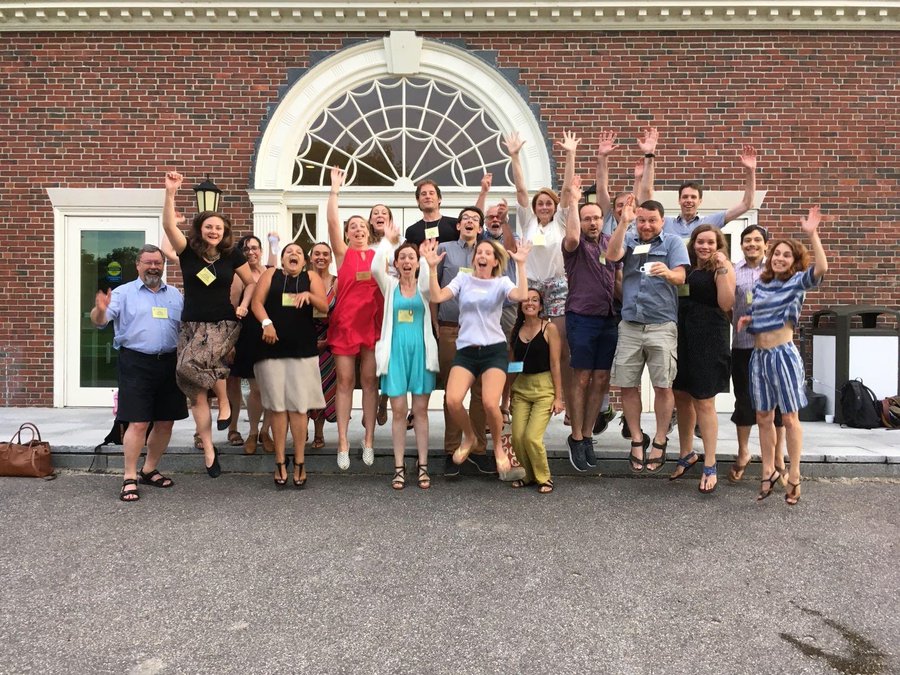

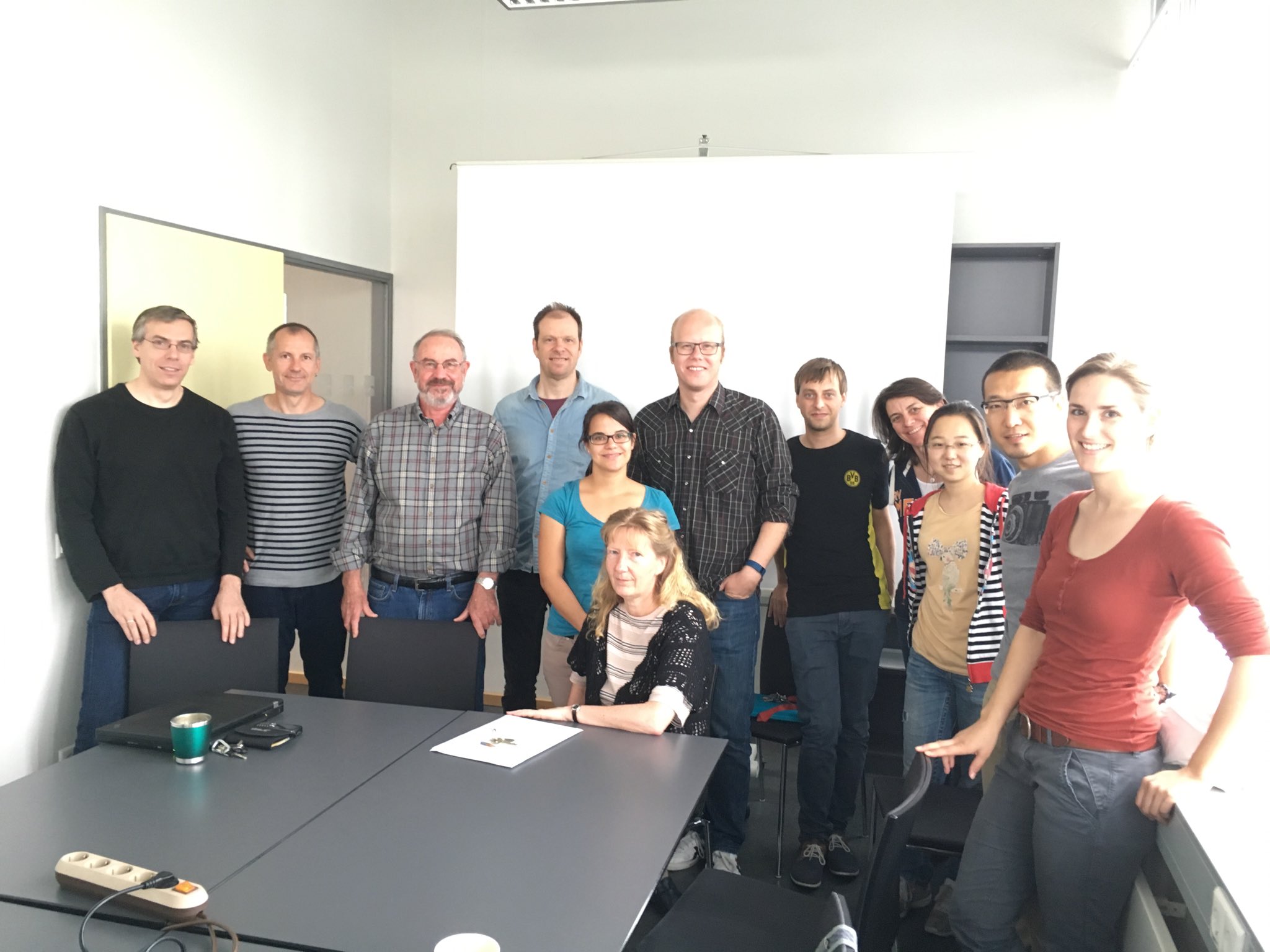
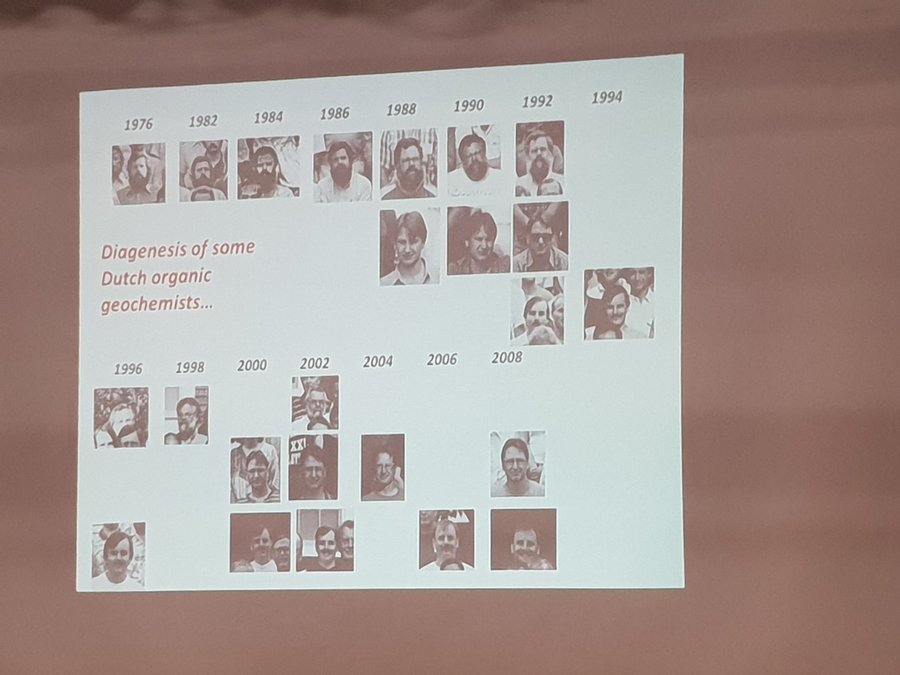

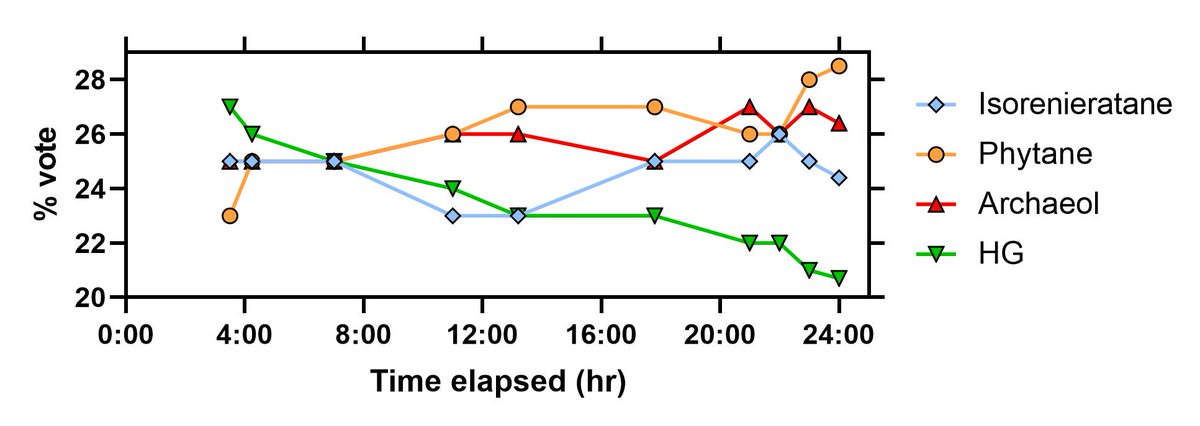
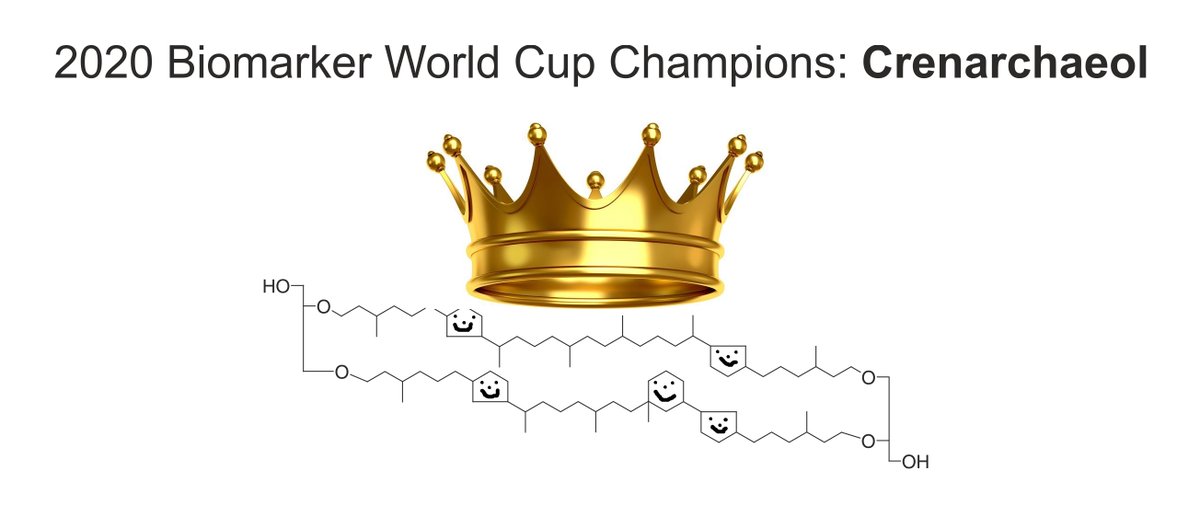
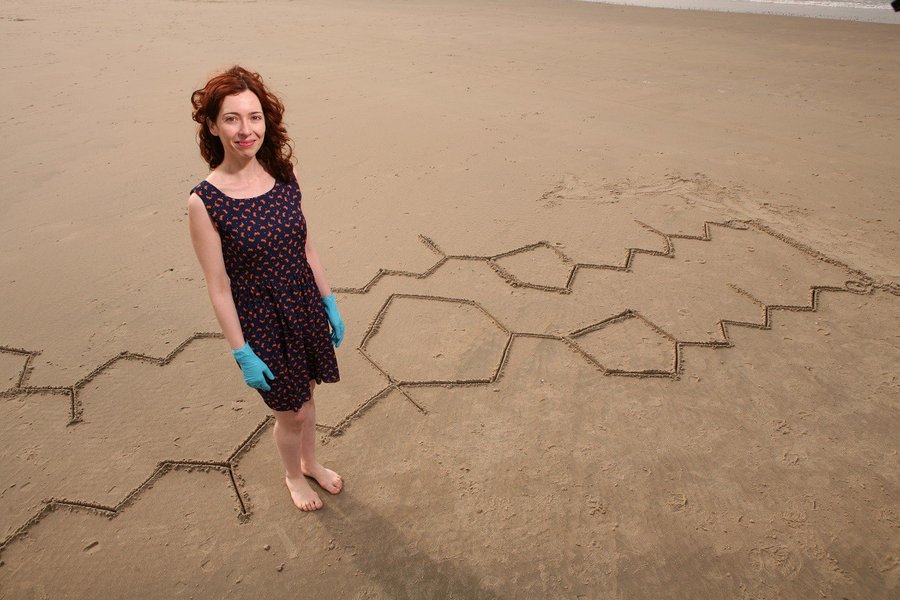
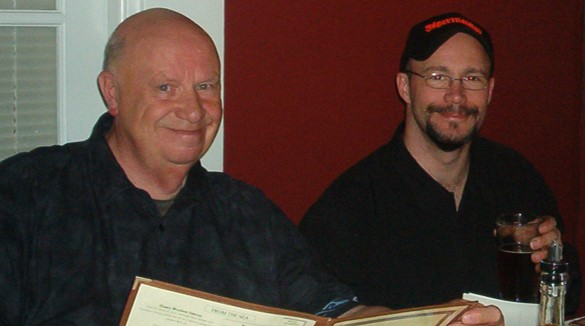

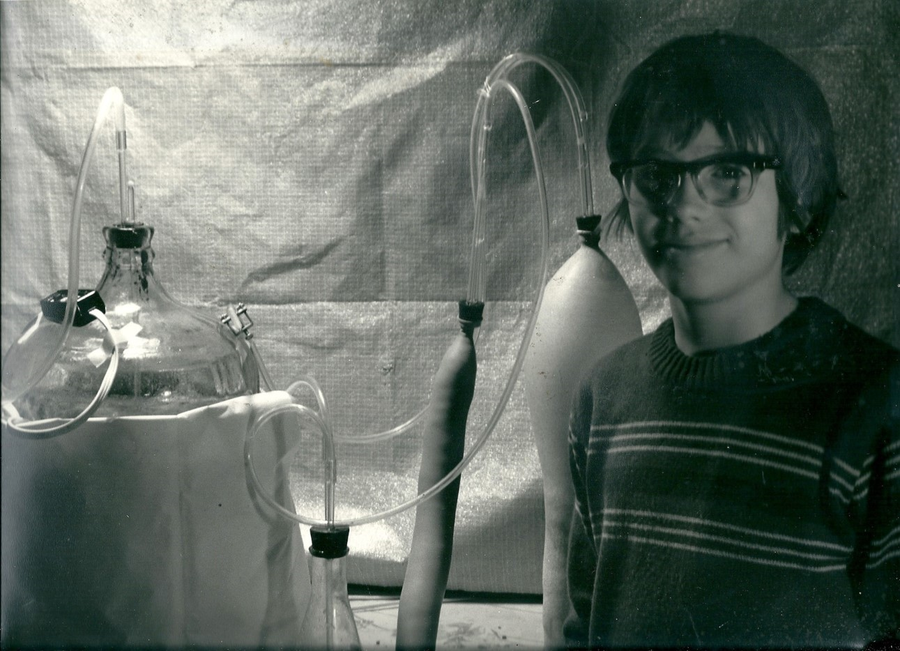
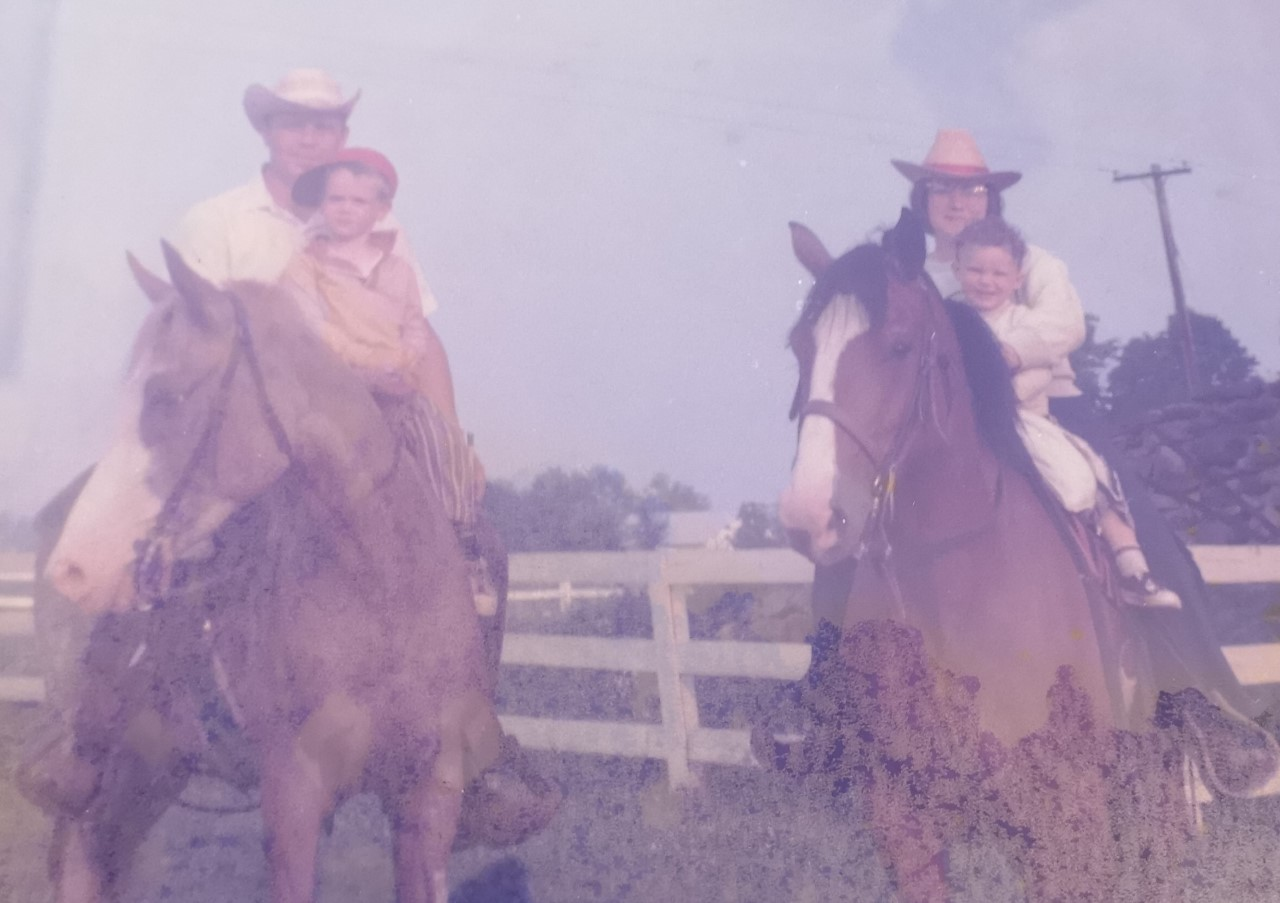
 From https://ourworldindata.org/future-population-growth Note the declining rate of population growth since 1960.
From https://ourworldindata.org/future-population-growth Note the declining rate of population growth since 1960.